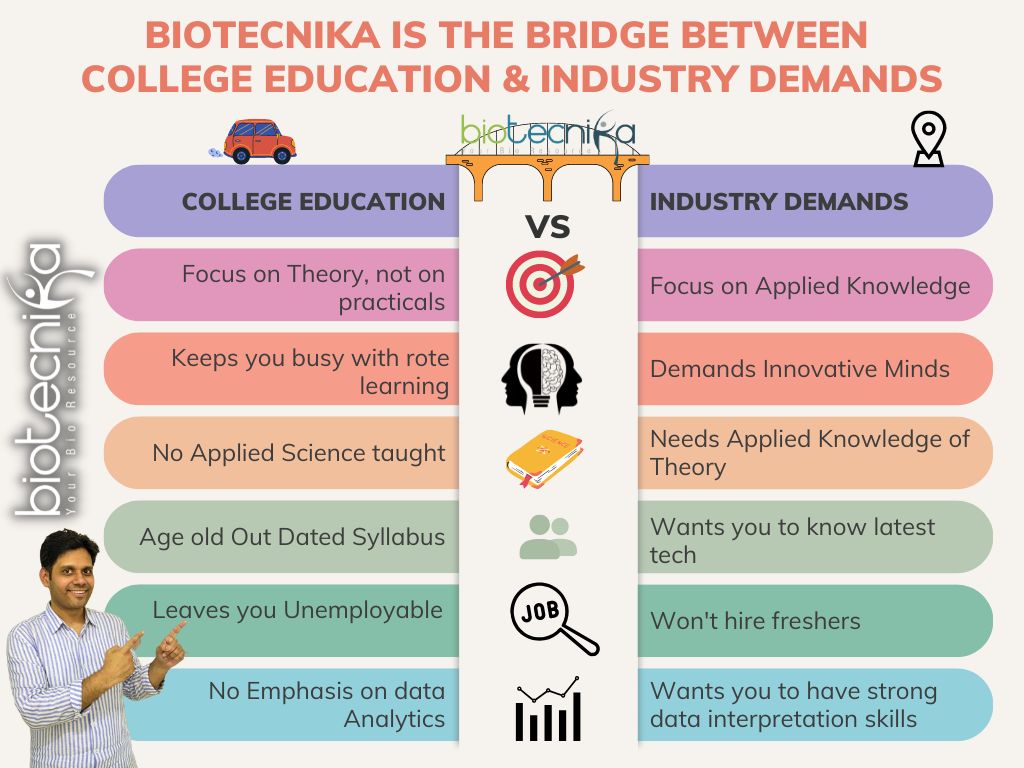Bioinformatics Tutor Can Be Fun For Everyone
Bioinformatics Tutor Can Be Fun For Everyone
Blog Article
The Buzz on Bioinformatics Tutor
Table of ContentsBioinformatics Tutor Can Be Fun For AnyoneThe Buzz on Bioinformatics TutorNot known Incorrect Statements About Bioinformatics Tutor The smart Trick of Bioinformatics Tutor That Nobody is Talking AboutRumored Buzz on Bioinformatics Tutor
Of the total participants entailed in the training, 80% were trainees from public college organizations, while the continuing to be 20% came from personal establishments. To receive a certificate of involvement, trainees were required to participate in at the very least 90% of the complete training hours. As an outcome of this requirement, an outstanding 95% of the individuals effectively gotten their certificates, having not just met the minimum participation standards yet additionally completed all assigned tasks throughout the training.
During the height of the COVID-19 pandemic, particularly in between June and August 2020, the task team was charged with arranging specialized training in bioinformatics. This training was particularly targeted at students from the research study team Center for Research in Applied Computer at the Federal University of Pará (UFRA) The adjustment to remote discovering systems as a result of the pandemic created a possibility to discover new teaching methodologies and digital devices that improved both reach and effectiveness.
This course was developed to supply an obtainable yet detailed review of Artificial Intelligence strategies, particularly as used in bioinformatics (Bioinformatics Tutor). This virtual layout allowed engagement from trainees across Brazil, many of whom may not have had the chance to go to in-person sessions.
The Best Strategy To Use For Bioinformatics Tutor
Roughly 50% of the total training hours were dedicated to practical activities where students developed intelligent models and applications in an array of scientific domains, including genetics, molecular biology, and environmental data evaluation. These platforms made it possible for students to engage in real-time information adjustment, design training, and formula experimentation.
The program attracted 80 participants in overall. Sixty of them were affiliated with different college organizations in the state of Pará, while the continuing to be twenty came from organizations located in 5 other Brazilian states. This broad geographical depiction highlighted the nationwide interest in bioinformatics and the expanding demand for specialized skills in this field. By introducing Expert system in a pertinent and sensible context, the effort offered to connect the void in between concept and real-world application, providing pupils with a strong foundation for future study or employment in the area.
The training effort formed part of a wider academic outreach initiative referred to as the Bioinformatics when traveling project. This job has, for many years, presented dozens of students to the world of bioinformatics and computational biology. The occasions held under this umbrella effort have actually taken location across several regions and years, as summed up in Table 1 (Listing of occasions, locations, years, and overall varieties of trainees and teachers)
Numerous of these groups, initially brought together by their involvement in training occasions, have given that gone on to produce independent scientific research study in partnership with local scholastic organizations. The training not only fostered scientific thinking within the context of bioinformatics yet additionally triggered original site collective relationships that expanded past the training atmosphere.
Not known Details About Bioinformatics Tutor
The very same group, excluding IH and RR, likewise acted as tutors for the functional training components. Financing for the project was supplied through the give 88887.200562/ 2018-00 from CAPES.
The Federal College of Pará's Office of Study (PROPESP/UFPA) additionally supplied financial backing, particularly for the production of the final manuscript. The authors state no economic or commercial conflicts of interest that could have influenced the research. In addition, all viewpoints and interpretations expressed in this write-up are exclusively those of the writers and do not always mirror those of their respective institutions, the publisher, editors, or reviewers associated with the publication procedure.

Bioinformatics Tutor for Beginners
From a pedagogical viewpoint, the training technique made use of in the training was deliberately interactive. Courses were conducted in navigate to this site a manner that encouraged trainee involvement and discussion, exceeding memorizing memorization to discover exactly how ideas are established, used in day-to-day live, and evaluated in scholastic setups. The educational philosophy concentrated on supporting both solid and having a hard time students, providing individualized support, and building self-confidence through continual mentorship and patience.

Each group, including around 36 participants, was sustained by 3 advisors-- most of whom were postdoctoral scientists with specialized experience. These coaches not just helped develop the team jobs yet likewise click here to read facilitated their execution, ensuring that each research question was both pertinent and appropriately difficult. The goal was to provide a naturally realistic context that participants might discover through flexible purposes and access to curated datasets.
For added insights right into the technique and outcomes of this project-based understanding approach, viewers are directed to S1 Text, which consists of comprehensive descriptions of the instructional structure, assessment techniques, and job themes used in the training sessions.
8 Simple Techniques For Bioinformatics Tutor
Of the total amount participants involved in the training, 80% were students from public greater education organizations, while the continuing to be 20% came from exclusive organizations. To qualify for a certificate of engagement, trainees were needed to go to at least 90% of the complete training hours. Especially, past the students who signed up in the training sessions, 7 experienced instructors got involved in delivering the programs, while 3 dedicated study teachers worked with the overall training process. About 50% of the overall training hours were devoted to practical tasks where pupils constructed intelligent versions and applications in a range of clinical domains, consisting of genes, molecular biology, and environmental data analysis. The training not just cultivated clinical reasoning within the context of bioinformatics but additionally sparked collective relationships that prolonged past the training atmosphere.
Report this page